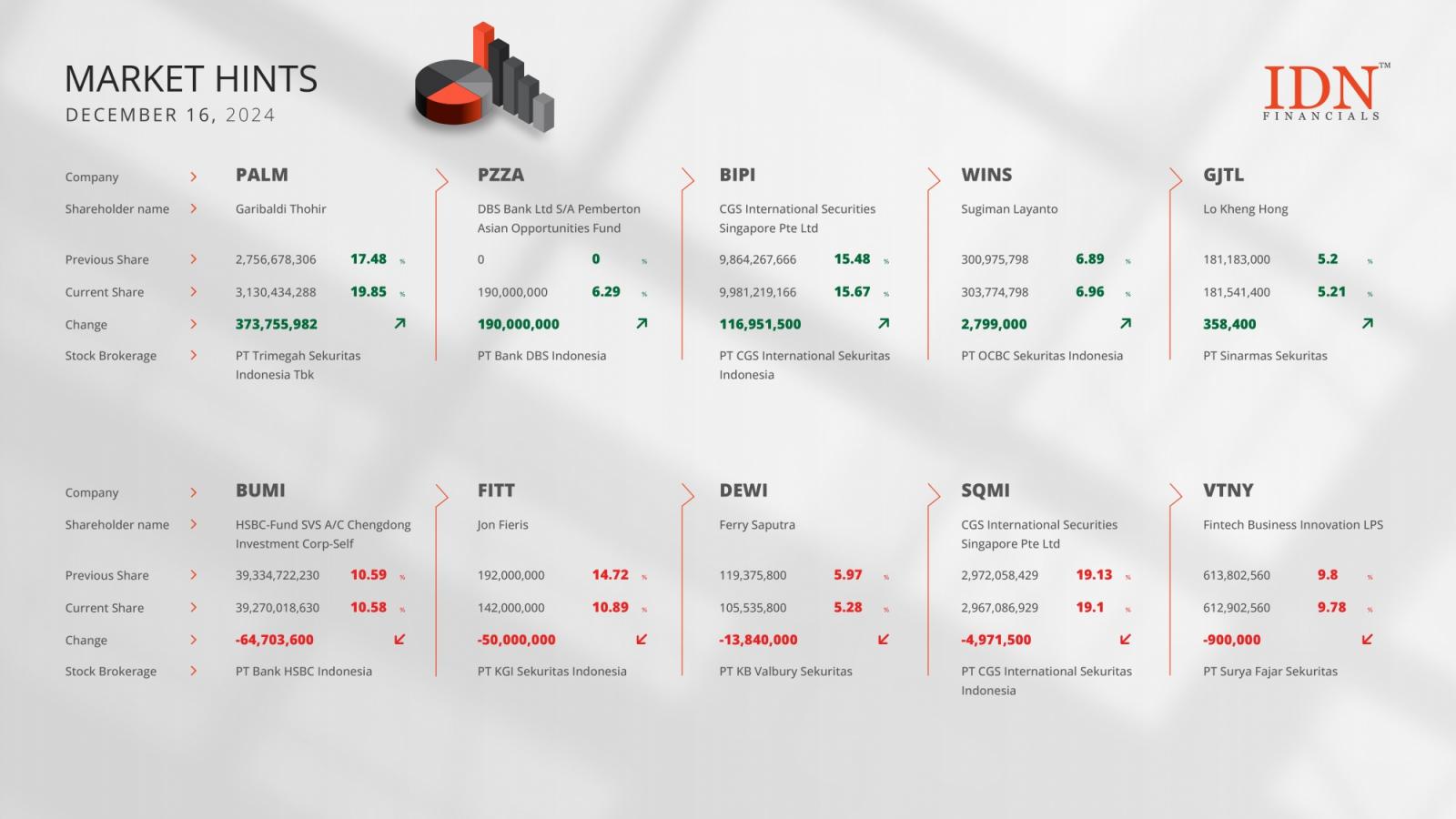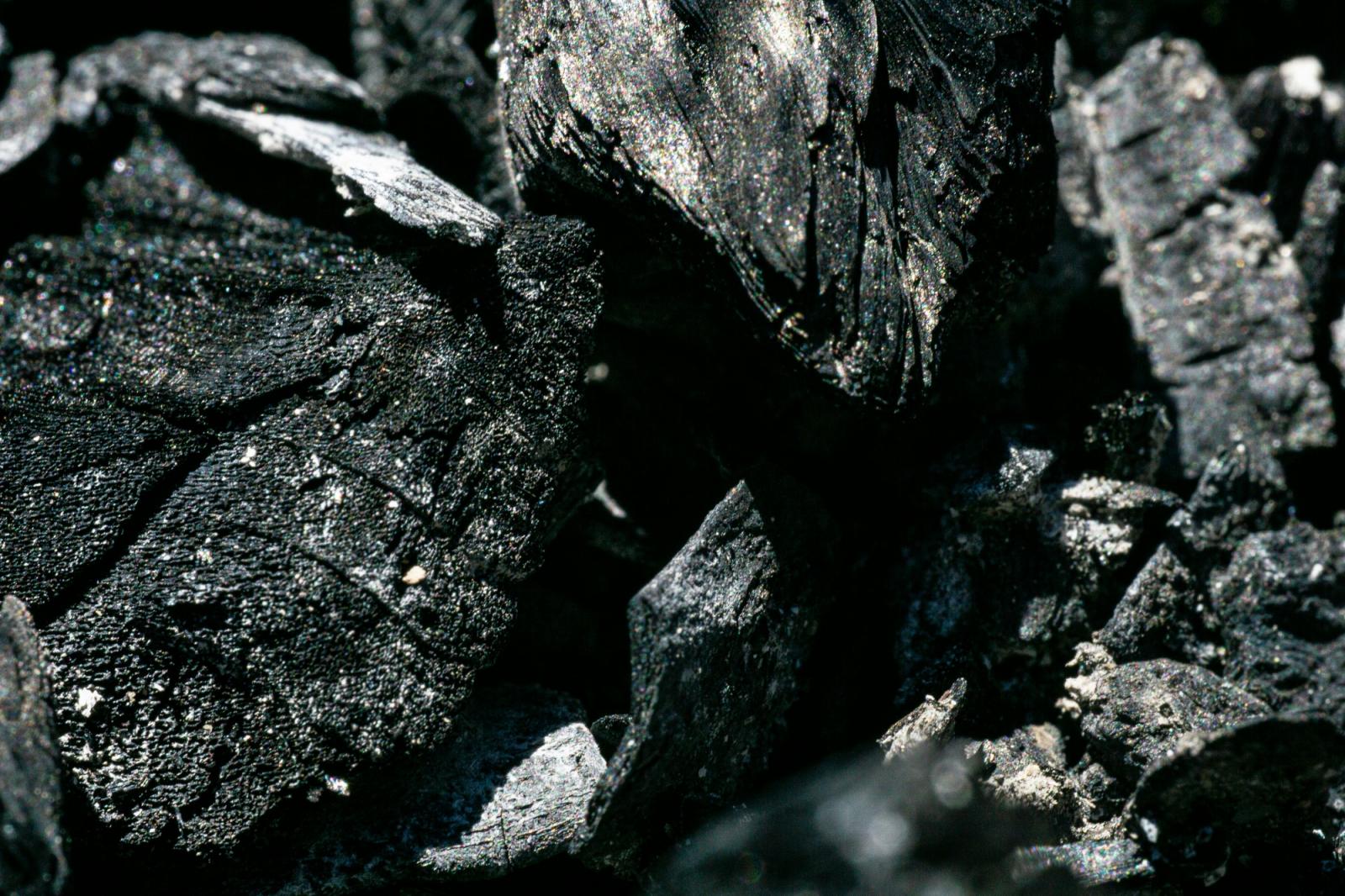
Aerospace and defence major Boeing Co. has agreed to buy majority of its key supplier Spirit AeroSystems in an all-stock deal at an equity value of around $4.7 billion, or $37.25 per share. The total transaction value is around $8.3 billion, including Spirit\'s last reported net debt. Boeing\'s acquisition will include substantially all Boeing-related commercial operations, including that of 737 MAX airplanes, as well as additional commercial, defense and aftermarket operations. Separately, Boeing\'s European rival Airbus SE agreed with Spirit to buy certain Airbus-related commercial work packages.
In pre-market activity on the NYSE, Spirit shares were gaining around 7.1 percent to trade at $35.20.
In Paris, Airbus shares are currently trading at 132.32 euros, up 3.17 percent.
In addition, Spirit is proposing to sell certain of its operations, including those in Belfast, Northern Ireland (non-Airbus operations), Prestwick, Scotland, and Subang, Malaysia.
The deal price of $37.25 per share represents a 30 percent premium to Spirit\'s closing stock price of $28.60 on February 29, the day before Spirit and Boeing confirmed their discussions regarding a potential transaction.
Spirit and Airbus have entered into a binding term sheet to buy commercial work packages that Spirit performs for Airbus concurrently with the closing of the Boeing-Spirit merger.
Spirit noted that its Board of Directors have approved the definitive merger agreement with Boeing and the term sheet with Airbus.
The deals are expected to close mid-2025, subject to the sale of the Spirit operations related to certain Airbus commercial work packages and the satisfaction of customary closing conditions, including regulatory and Spirit shareholder approvals.
In the Boeing deal, each share of Spirit stock will be exchanged for a number of shares of Boeing common stock equal to an exchange ratio between 0.18 and 0.25. This is calculated as $37.25 divided by the volume weighted average share price of Boeing shares over the 15-trading-day period ending on the second trading day prior to the closing.
Following the transaction, Spirit shareholders will receive 0.25 Boeing shares for each of their Spirit shares if the volume-weighted average price is at or below $149.00, and 0.18 Boeing shares for each of their Spirit shares if the volume-weighted average price is at or above $206.94.
As part of the deal, Boeing said it will work with Spirit to ensure the continuity of operations supporting customers and programs it acquires, including working with the U.S. Department of Defense and Spirit defense customers regarding defense and security missions.
Boeing President and CEO Dave Calhoun, who is stepping down from the role at the end of 2024, said, \"By reintegrating Spirit, we can fully align our commercial production systems, including our Safety and Quality Management Systems, and our workforce to the same priorities, incentives and outcomes - centered on safety and quality.\"
Spirit shares were trading down last Tuesday after Bloomberg reported that Boeing, which had offered earlier to buy Spirit in a cash deal, changed the acquisition terms to stock offer to about $35 per share.
Airbus also was reported to be moving forward with talks to buy select Spirit sites, which makes A220, A350 parts.
Boeing, which had spun off the Wichita, Kansas-based supplier in 2005, had initiated the takeover talks earlier this year with a view to stabilizing its key parts supply after 737-9 MAX airplanes were grounded following an early January accident, in which a mid-cabin door plug on Alaska Airlines\' Boeing 737-9 MAX airplane blew out in the middle of the flight.
Following the incident, the U.S. Federal Aviation Administration or FAA had grounded around 171 737 MAX 9 airplanes for inspections, and also started a probe into Boeing\'s manufacturing practices and production lines, including those involving subcontractor Spirit.
In early March, the federal regulator identified multiple quality control lapses in its production audit of Boeing and Spirit. The agency also halted production expansion of the Boeing 737 MAX with a view to holding Boeing accountable for its production quality issues.





